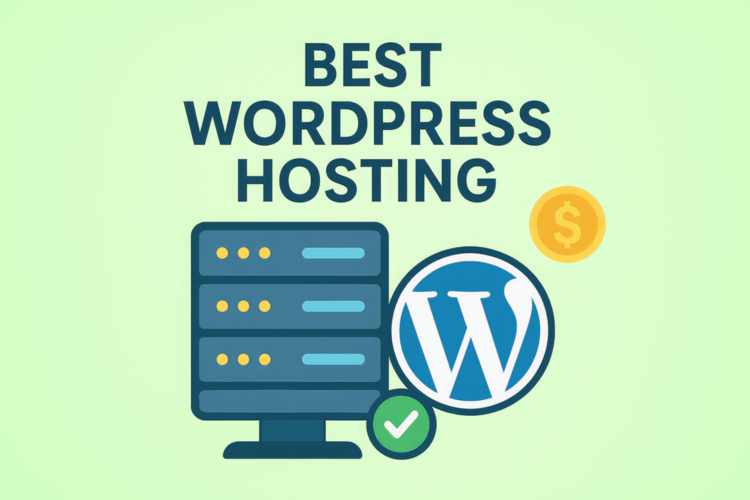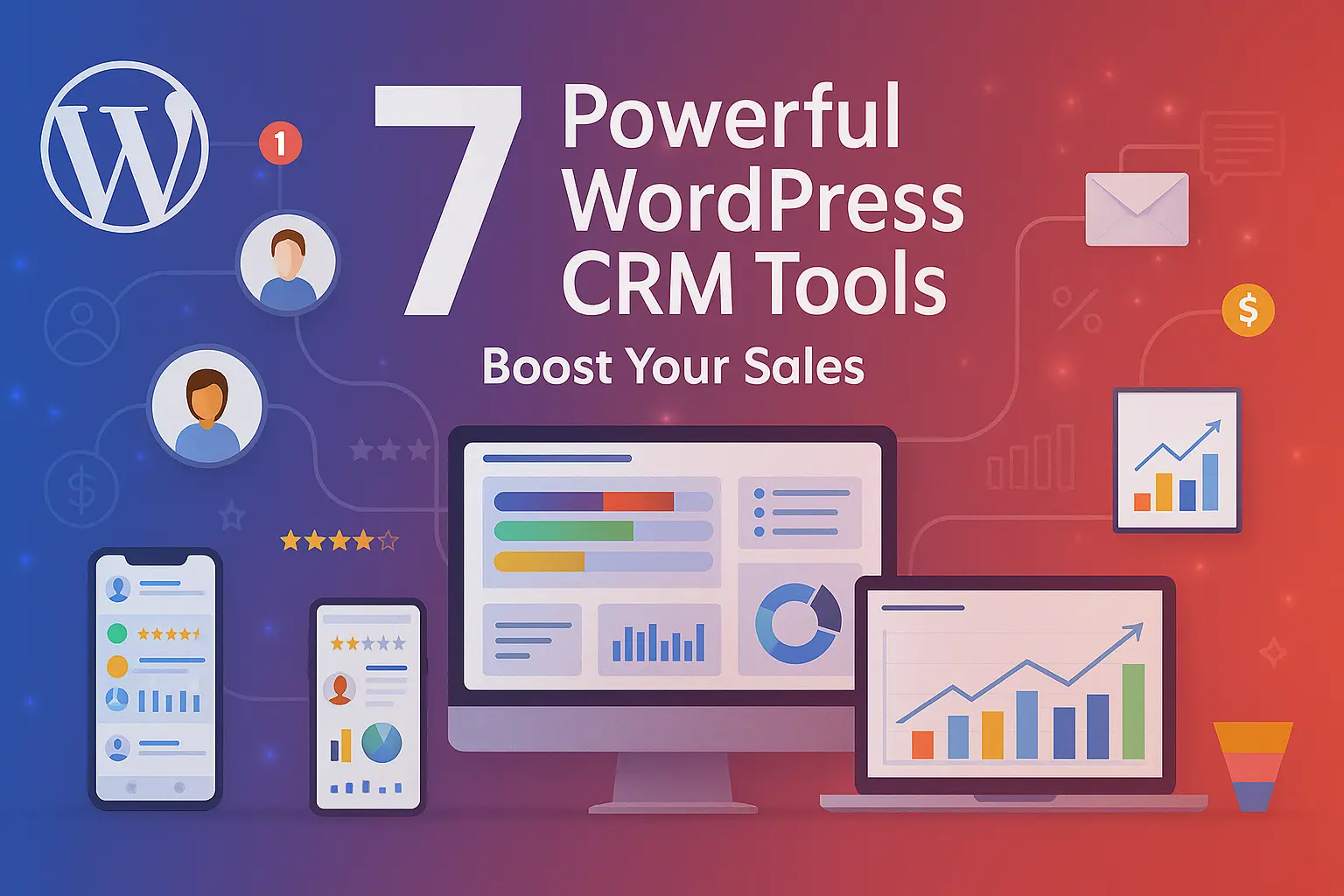Finding the right website design and development company UK can transform how businesses connect with their audience in 2026. As the digital landscape continues to evolve, partnering with a professional web design company UK becomes essential for staying competitive and delivering exceptional user experiences that drive real results.

Today’s businesses need more than just an online presence they need a strategic digital presence that converts visitors into customers. Whether it’s through custom website design, responsive website development, or comprehensive eCommerce web design, the right development partner makes all the difference in achieving sustainable growth and maximizing return on investment.
Transform Your Digital Presence Today
Partner with a leading website design and development company UK to create custom, responsive websites that drive traffic, increase lead generation, and maximize ROI. Let’s build your digital success together.
- Comprehensive Services: From UI/UX design to WordPress web development UK, leading agencies offer end-to-end solutions tailored to business needs
- Strategic Approach: Professional website developers UK focus on website conversions, lead generation, and ROI-driven development for measurable success
- Technical Excellence: Advanced capabilities in speed optimization, website security, and various CMS platforms ensure peak performance
- Local Expertise: UK-based web agency professionals understand the regional market, providing personalized service and ongoing support
What Makes a Leading Website Design & Development Company UK Stand Out
Migration Planning
A top-tier website design and development company UK goes beyond basic website creation. These agencies understand that successful online visibility requires a comprehensive approach that integrates design, development, and strategy. The best website design services UK combine creative excellence with technical proficiency to deliver platforms that not only look stunning but also perform exceptionally well across all devices and browsers.
Modern website development agency UK teams recognize that business website solutions must align with broader organizational goals. This means considering factors like user behavior, market positioning, and conversion optimization from the project’s inception. By focusing on website performance and user engagement, these companies ensure every element serves a strategic purpose rather than merely aesthetic appeal.
Custom Design Tailored to Your Brand
Custom website design represents the cornerstone of effective digital branding. Rather than relying on generic templates, experienced web design company UK teams create unique visual identities that resonate with target audiences. This personalized approach ensures every website reflects the client’s brand values, personality, and market positioning while maintaining consistency across all touchpoints.
The design process begins with comprehensive research into industry trends, competitor analysis, and audience preferences. UI/UX design specialists then craft intuitive interfaces that prioritize user satisfaction and engagement. By balancing aesthetic appeal with functional efficiency, designers create experiences that guide visitors naturally toward desired actions, whether that’s making a purchase, submitting a contact form, or exploring content.
Effective branding through web design requires attention to every visual detail from color schemes and typography to imagery and interactive elements. London website developers and agencies across the UK excel at translating brand guidelines into cohesive digital experiences. This meticulous approach to custom website design helps businesses differentiate themselves in crowded markets while building trust and credibility with their audience.
Custom Design Tailored to Your Brand
Technical excellence defines truly exceptional website design and development company UK providers. Beyond surface-level aesthetics, these agencies possess deep expertise in various programming languages, frameworks, and CMS platforms. Whether building custom applications from scratch or implementing WordPress web development UK solutions, development teams ensure code quality, performance, and long-term maintainability.
Responsive website development has become non-negotiable in today’s mobile-first world. Professional developers create fluid layouts that adapt seamlessly across smartphones, tablets, and desktop computers. This approach ensures consistent user experiences regardless of how visitors access the site, directly impacting engagement rates and website conversions. Advanced CSS techniques, flexible grids, and optimized media queries work together to deliver flawless cross-device functionality.
Boost Your Business with Expert Web Solutions
Our team of professional website developers UK delivers end-to-end services, from UI/UX design to WordPress web development UK, ensuring your website is fast, secure, and conversion-focused.
Results-Driven Strategy and Optimization
Strategic thinking transforms websites from simple online brochures into powerful lead generation engines. Forward-thinking website design and development company UK providers approach every project with clear business objectives in mind. They focus on ROI-driven development that delivers measurable improvements in key performance indicators, from increased traffic and engagement to higher conversion rates and customer lifetime value.
Online strategy begins with understanding the target audience’s needs, behaviors, and pain points. By conducting thorough market research and competitive analysis, agencies develop comprehensive plans that guide design and development decisions. This strategic foundation ensures every feature, every page, and every interaction serves a purpose in moving users through the conversion funnel toward desired outcomes.
What Makes a Leading Website Design & Development Company UK Stand Out

Results-Driven Strategy and Optimization
Strategic thinking transforms websites from simple online brochures into powerful lead generation engines. Forward-thinking website design and development company UK providers approach every project with clear business objectives in mind. They focus on ROI-driven development that delivers measurable improvements in key performance indicators, from increased traffic and engagement to higher conversion rates and customer lifetime value.
What should I look for when choosing a website design and development company in the UK?
When selecting a website design and development company UK, prioritize agencies with proven experience in your industry, a strong portfolio demonstrating design and technical capabilities, and transparent communication practices. Look for teams that emphasize ROI-driven development and offer comprehensive business website solutions from initial strategy through ongoing support.
What is the typical timeline for website development projects?
Project timelines vary based on complexity, but most business website solutions require 8-16 weeks from kickoff to launch. Simple sites with custom website design might complete in 6-8 weeks, while complex eCommerce web design platforms could take 12-20 weeks. Clear communication from your web development agency UK helps ensure timely delivery.
What platforms do UK developers specialize in?
Leading web development agency UK teams work with diverse CMS platforms and technologies. Popular options include WordPress web development UK for flexible content management, Shopify for e-commerce, and modern JavaScript solutions. Professional agencies recommend platforms based on specific business requirements and scalability needs.
How do professional web developers improve website security?
Website security represents a top priority for responsible developers. Comprehensive security measures include SSL certificates, regular software updates, secure authentication systems, and database encryption. UK-based web agency teams implement multiple security layers and conduct regular audits to protect websites and user data from threats.
How much does professional website design cost in the UK?
Affordable web design UK options range from £2,000-£5,000 for basic business websites to £10,000-£30,000+ for advanced eCommerce web design or custom applications. Costs depend on complexity, features, and customization level. Reputable web design company UK providers offer transparent pricing and clear project scopes.
Final Thoughts
Selecting the right website design and development company UK represents one of the most important digital investments businesses make in 2026. The ideal partner combines creative solutions with technical expertise, strategic thinking with execution excellence, and initial development with ongoing optimization. By focusing on comprehensive business website solutions that prioritize both aesthetics and functionality, professional agencies help organizations establish strong digital presence and achieve meaningful results.
Success in today’s competitive digital landscape requires more than just an attractive website it demands strategic planning, technical proficiency, and continuous improvement. Whether seeking affordable web design UK options or premium custom website design services, businesses benefit from partnering with experienced teams who understand the intersection of design, technology, and business strategy. This holistic approach to web consultancy ensures websites serve as powerful tools for growth, customer engagement, and long-term success.




